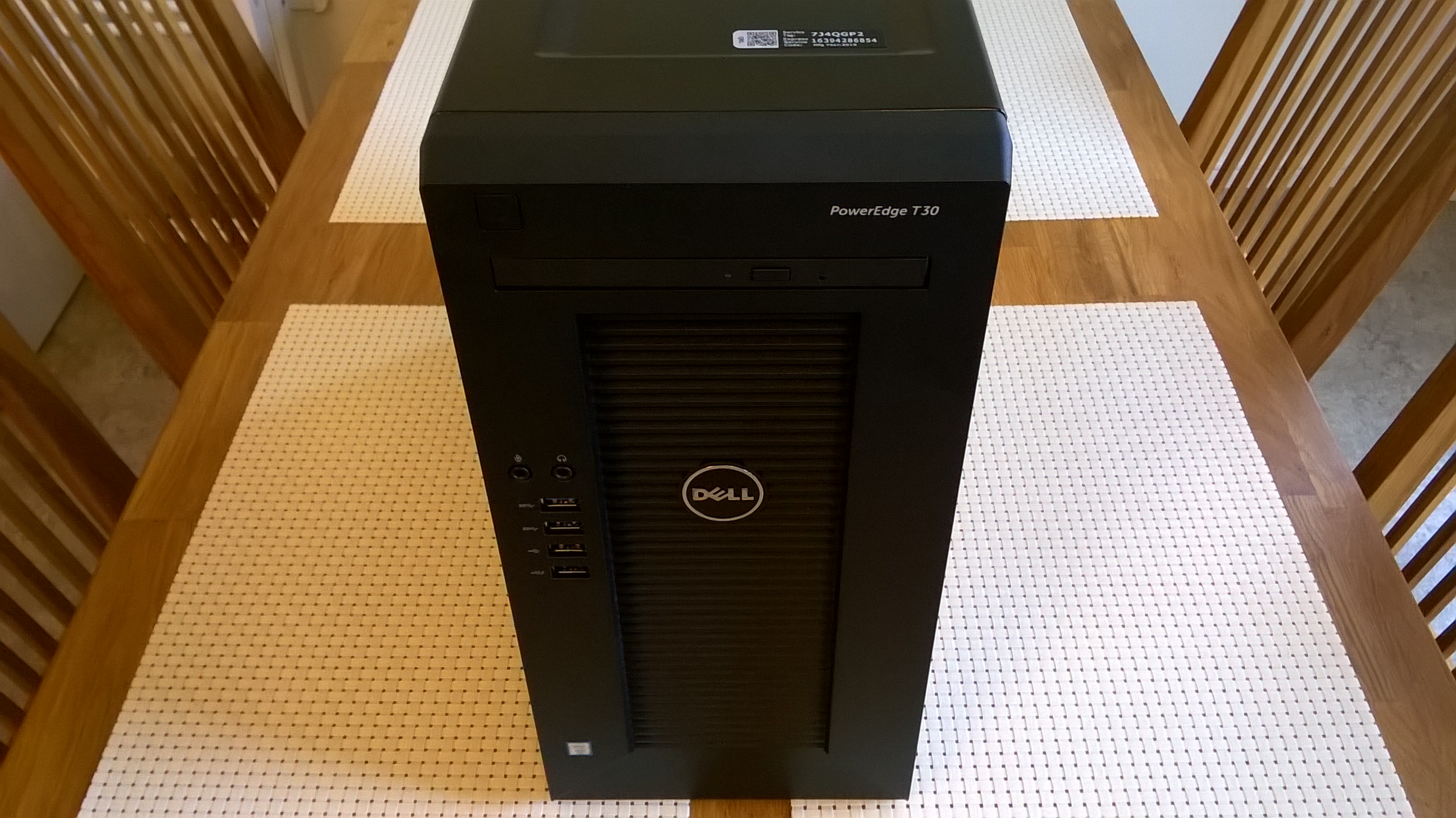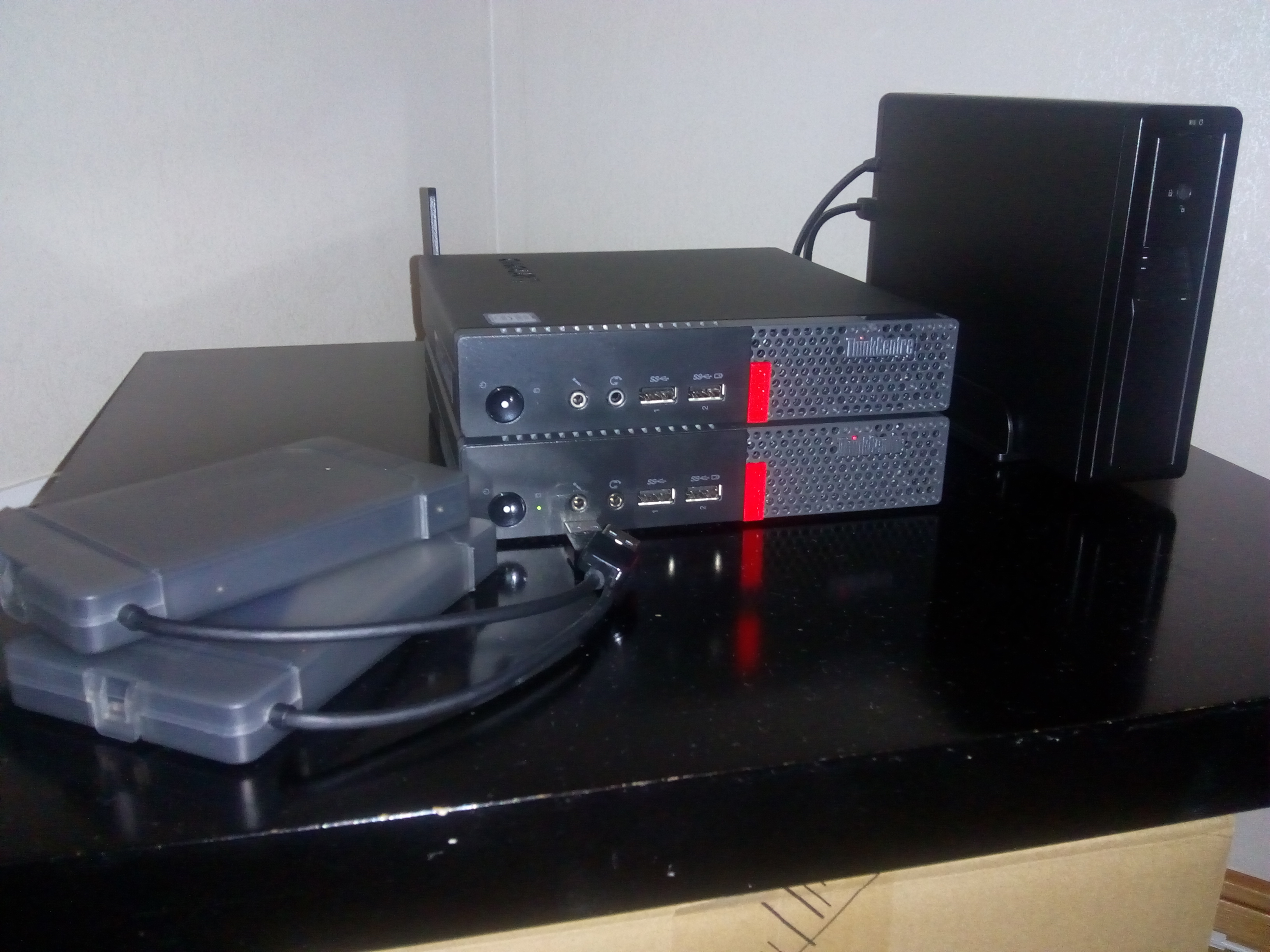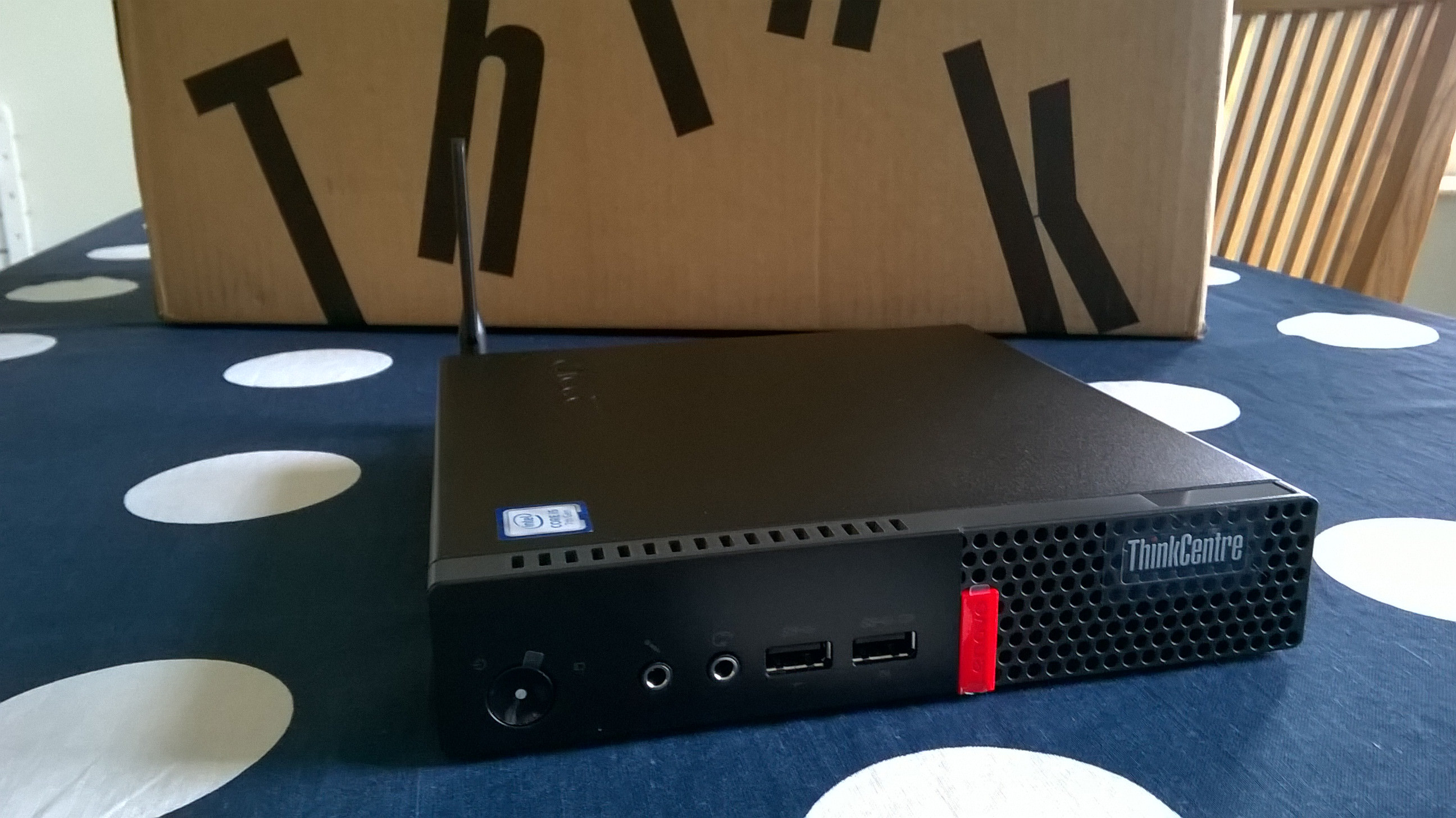Hello fellow members, I want to open this topic to share some pieces of information about the hardware on what I run Linux, and everyone can share theirs and maybe some tips and tricks about what hardware parts work best in Linux.
The whole reason for this topic is that more than once I was asked what on what computer should one run Linux.
As this modern age, laptops are cheap, convenient and some are well-tuned for running Linux, some aren’t.
Will present my opinion on some brands, models. No that some brands, models are not supported.
For the best overall experience, I strongly recommend Lenovo Thinkpads, and not necessarily new ones.
Starting from early models, Thinkpads are very well supported and everything works. Cheap, sturdy, easily upgradable, there is something about those Thinkpads. The X, T, W models are the best.
Now, HP Probook and EliteBook are also very good, but some are a bit stubborn on booting them with default kernel parameters.
Toshiba Tecra good, nothing special.
Dell on all their models are pretty well Linux friendly, the XPS models are made for it.
Asus, Acer, and overall all other brands are ok, nothing to write home about.
On the desktop, very few things to say. Trying not to add too much bias here, AMD video cards are the way to go if you want a smooth experience in Linux, as in for gaming. Not that Nvidia are bad at it, just the drivers are somehow clunky.
Some prebuilt computers from HP are using some weird motherboards, stubborn to boot. If possible, buy parts and build your own.
If anyone wants to share some tips and tricks, you are more than welcome!
Cheers!




